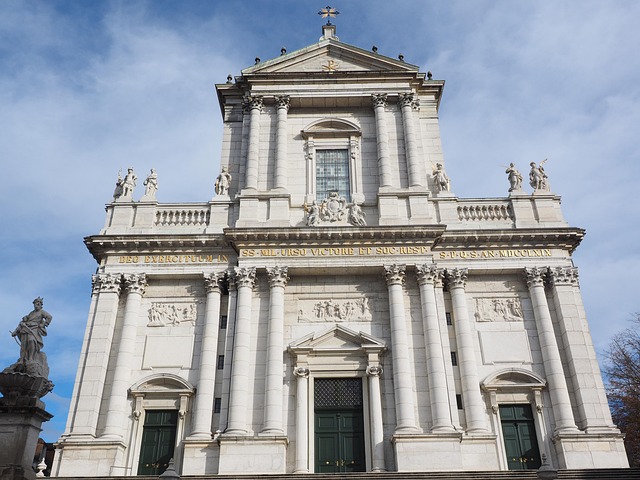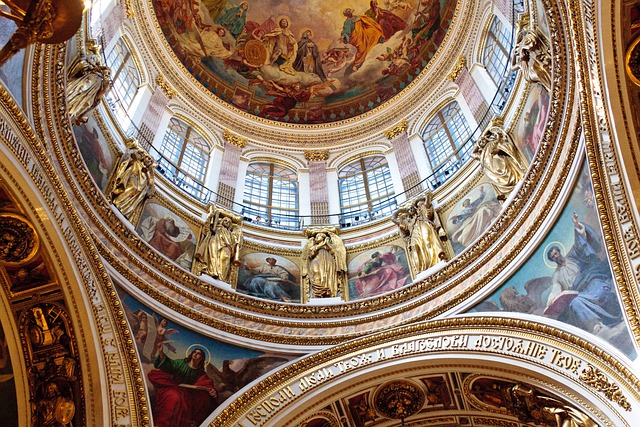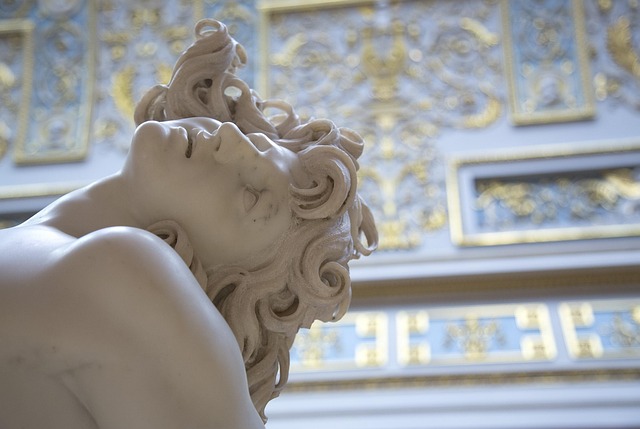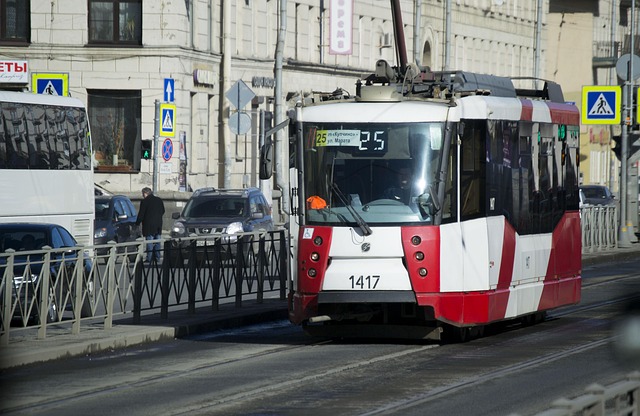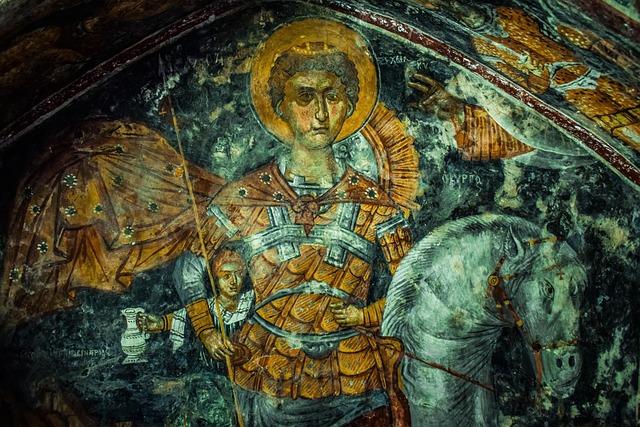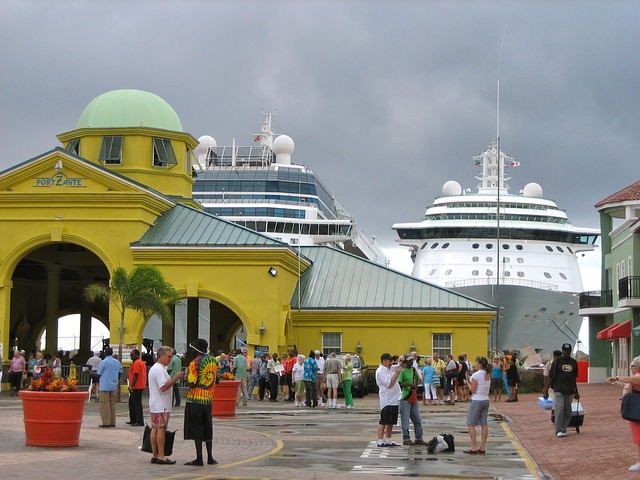Cultural events play a pivotal role in urban areas, preserving heritage, strengthening community bonds, and driving real estate value. Festivals, exhibitions, and performances attract tourists, foster intergenerational connections, and enhance social cohesion by revitalizing public spaces. Integrating cultural elements into urban planning increases property appeal and local economies, creating unique spaces that draw locals and visitors. Celebrating diversity through these events transforms cities into vibrant tapestries, significantly impacting the real estate landscape with enhanced shared public spaces and a strong sense of community.
Cultural events have become powerful tools for heritage preservation, fostering community engagement, and boosting local economies. By celebrating diverse cultural legacies, these gatherings not only showcase a region’s rich history but also attract tourists and investors. This article explores the synergistic relationship between real estate and cultural heritage through case studies of successful heritage pride events. We’ll delve into how these celebrations contribute to community empowerment and economic vitality while preserving valuable historical assets.
The Role of Cultural Events in Heritage Preservation and Community Engagement

Cultural events play a pivotal role in preserving heritage and fostering community engagement, especially within urban landscapes where diverse populations coexist. These gatherings serve as vibrant platforms that showcase local traditions, stories, and arts, creating a sense of belonging and pride among residents. By organizing festivals, exhibitions, and performances celebrating cultural heritage, communities can attract tourists, promote real estate values, and preserve their unique identities.
Such events facilitate intergenerational connections as they bring together older community members to share their experiences with the younger generation. This exchange ensures that traditions and knowledge are passed down, reinforcing a strong sense of local history and culture. Moreover, cultural celebrations contribute to urban renewal by revitalizing public spaces, encouraging community participation, and fostering social cohesion—all of which have positive implications for nearby real estate markets.
Real Estate and Cultural Heritage: A Synergistic Relationship
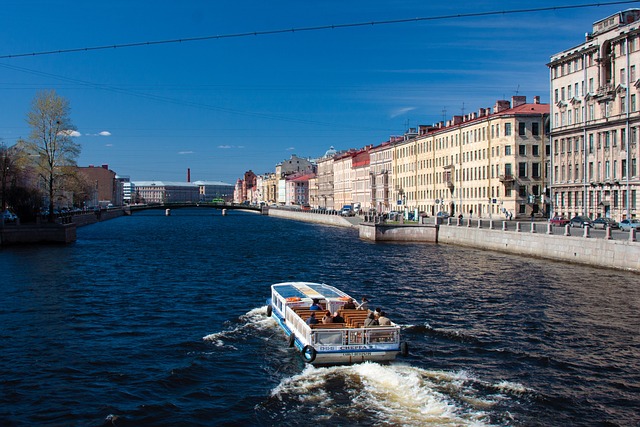
The relationship between real estate and cultural heritage is a synergistic one, where the preservation and celebration of historical sites and traditions can significantly enhance property values and local economies. When developers and communities prioritize integrating cultural heritage into urban planning and real estate practices, they create unique spaces that attract locals and tourists alike. Historic buildings restored to their former glory, for instance, become architectural gems that tell stories of the past while offering modern amenities. This blend of old and new not only preserves cultural identity but also fosters a sense of community and belonging.
Moreover, real estate developers can capitalize on the growing demand for authentic experiences by designing properties that resonate with local heritage. Incorporating elements like traditional architecture, historic landscaping, and cultural art installations can set properties apart in a competitive market. These strategies not only increase property appeal but also contribute to the long-term sustainability of cultural heritage, ensuring that historical sites remain vibrant and relevant for future generations.
Celebrating Diversity: Case Studies of Successful Heritage Pride Events
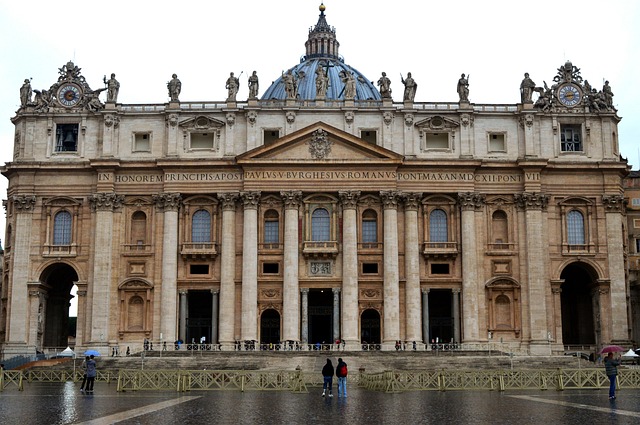
Celebrating diversity is a powerful way to foster community engagement and pride in heritage. Successful events highlighting heritage pride often transform urban landscapes into vibrant tapestries, attracting folks from all walks of life. These gatherings showcase the richness and depth of various cultures, revolutionizing real estate by bringing people together in shared spaces.
For instance, consider festivals that showcase ethnic cuisine, traditional music, and dance. Such events not only celebrate cultural diversity but also offer unique experiences that enhance local economies. In many cities, these celebrations have become annual game changers, drawing tourists and locals alike, ultimately strengthening the sense of community and belonging.
